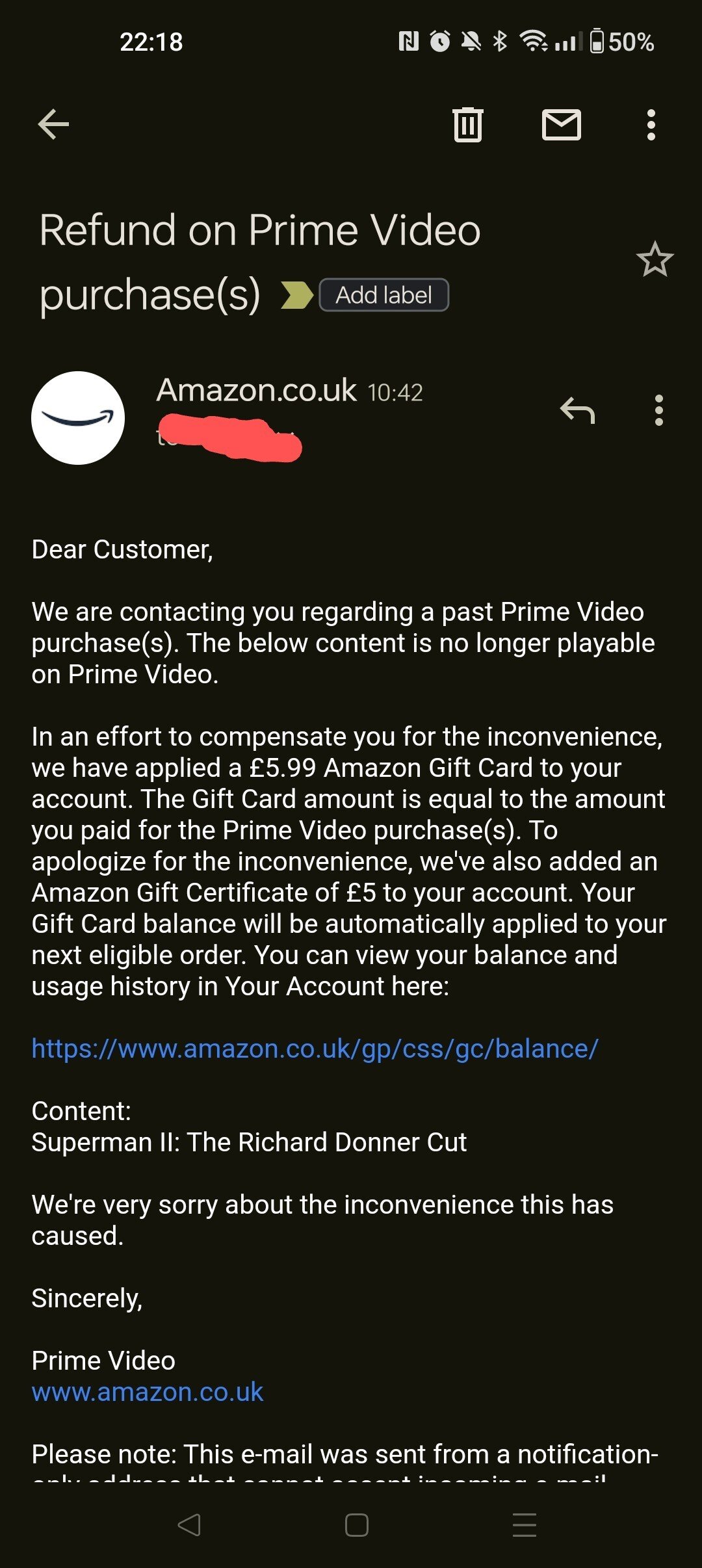this post was submitted on 03 Oct 2023
1835 points (97.7% liked)
Technology
69392 readers
5212 users here now
This is a most excellent place for technology news and articles.
Our Rules
- Follow the lemmy.world rules.
- Only tech related news or articles.
- Be excellent to each other!
- Mod approved content bots can post up to 10 articles per day.
- Threads asking for personal tech support may be deleted.
- Politics threads may be removed.
- No memes allowed as posts, OK to post as comments.
- Only approved bots from the list below, this includes using AI responses and summaries. To ask if your bot can be added please contact a mod.
- Check for duplicates before posting, duplicates may be removed
- Accounts 7 days and younger will have their posts automatically removed.
Approved Bots
founded 2 years ago
MODERATORS
you are viewing a single comment's thread
view the rest of the comments
view the rest of the comments

The consumer not understanding something is different than the consumer not being provided truthful information. A consumer might also misunderstand the degree to which the own the physical media they purchase, in that they cannot redistribute or exhibit it without an additional license agreement.
People should understand their rights better, but people might also not care about these rights enough to care much, which is fine, we have to pick our battles.
Except the agreement is intentionally misleading. To this moment, the phrasing on Google TV is to either "rent" or "purchase" titles. In most other types of exchange, the "seller" of a "purchase" transaction can't terminate the exchange on a whim, with no recourse.
Can we really blame consumers for being mislead by the intentionally misleading language of TRILLION dollar companies?
Companies with this much control over the market shouldn't be allowed to run roughshod over digital media agreements. People want ownership over the media they pay for, just like people want ownership over the homes they pay a mortgage on. That isn't an option that's being provided, but instead they're being fed a misleading alternative that shares the same language.